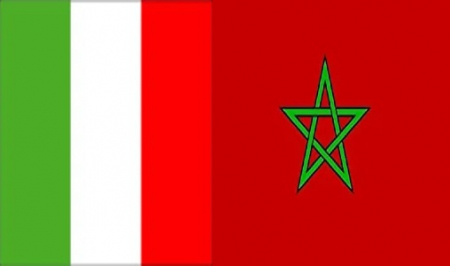Zimbabwean Media Hails Morocco and Italy’s Role in Mediterranean Stability
The important role played by the Kingdom of Morocco and the Republic of Italy in the stability of the Mediterranean region was hailed on Friday by a Zimbabwean media. Relaying the remarks of the vice-president of the Italian Council of Ministers and Minister of Foreign Affairs, Antonio Tajani, the Zimbabwean information website “Spikedmedia” underlines that “the Kingdom of Morocco and the Italian Republic, linked by good relations, are determined to strengthen their cooperation for a more stable Mediterranean”. In a press briefing following his meeting with the Minister of Foreign Affairs, African Cooperation and Moroccan Expatriates, Nasser Bourita, who made an official visit to Italy on Wednesday, Tajani noted that the action plan for the implementation of the multidimensional strategic partnership between the two countries is likely to strengthen bilateral cooperation on many priority issues. Moreover, the newspaper echoed the remarks of the President of the Italian Chamber of Deputies, Mr. Lorenzo Fontana, according to which Morocco is a privileged interlocutor for the stability of the Mediterranean. Mr. Fontana, who met with the head of Moroccan diplomacy, also underlined the excellent relations between Morocco and Italy in several areas. In addition, “Spikedmedia” quoted the words of Mr. Bourita who affirmed, within the framework of this visit, that Morocco and Italy share the will and the commitment to strengthen their multidimensional partnership. “This visit to Italy is part of His Majesty King Mohammed VI’s policy to diversify and strengthen partnerships within Europe and the EU, and to consolidate ties with credible European powers,” Bourita told the press, following talks with Mr. Tajani. According to the media, the Action Plan for the implementation of the multidimensional strategic partnership sets four priorities for Morocco-Italy relations over the next few years, namely strengthening political dialogue on regional issues in Africa, the Middle East and the Mediterranean, consolidating economic and cultural cooperation, reinforcing security coordination and creating a consultation mechanism on immigration and consular affairs.

